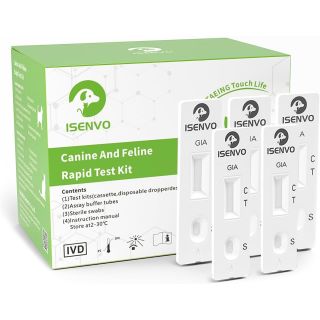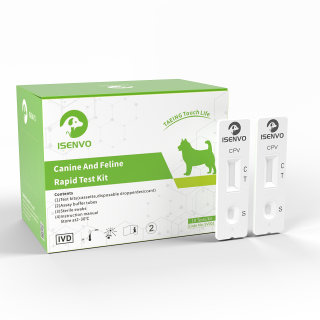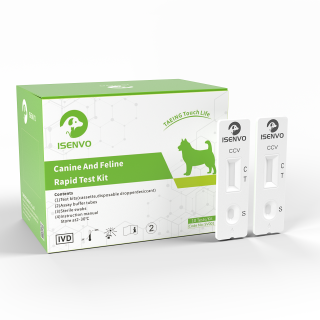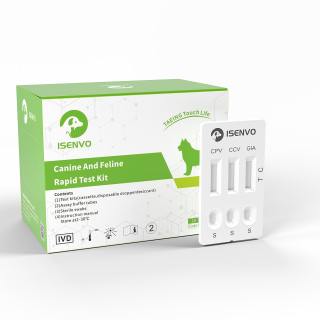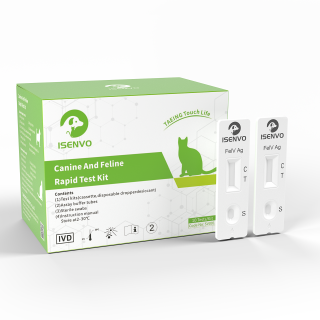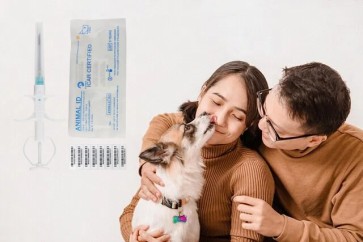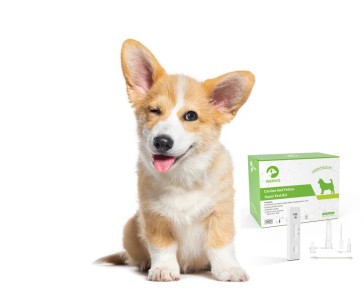<style> p { text-indent: 2em; /* 设置缩进距离为2个字母的宽度 */ } </style> <p>If your cat exhibits upper respiratory symptoms, including mental depression, serous and mucinous rhinorrhea, conjunctivitis, stomatitis, tracheitis, and bronchitis, accompanied by biphasic fever. You should pay attention to that your cat may be infected with FCV, but don't worry too much. Calicivirus infection is a common disease in cats. Although the incidence rate is high, the mortality rate is low. But we still need to treat the cat.</p> <p> </p> <p> </p> <div style="text-align: center;"><img src="https://www.taeing.com/media/.renditions/wysiwyg/_1.png64.png" alt=""></div> <p>FCV stands for Feline Calicivirus. This is a virus that infects cats, mainly transmitted through contact with infected cats or their excreta. FCV can cause a series of respiratory and oral system problems, and cats may experience symptoms such as coughing, sneezing, tearing, runny nose, and oral ulcers after infection.</p> <p> </p> <p>If you suspect that your cat is infected with FCV, you can use Feline Calicivirus (FCV) Antigen Rapid Test Kit,This can easily and quickly detect whether a cat is infected with FCV at home.</p> <p> </p> <p> </p> <div align="center"><img src="https://www.taeing.com/media/.renditions/wysiwyg/01_04_-_.png6_4.png" alt=""></div> <p> </p> <p>For owners and cat owners, FCV is a virus that needs attention. Because the symptoms of cats infected with FCV are relatively mild and vary greatly among individuals, sometimes even without obvious symptoms, early detection is necessary. Vaccination, cleaning and disinfection measures can effectively prevent the spread of FCV in cat herds.</p> <p> </p> <p>Only professional pet doctors can perform FCV testing. Pet doctors can test cats by obtaining samples, which can be biological fluids such as saliva, nasal mucus, tears, etc. Although there are also some household cat detection kits on the market, their accuracy is limited. It is recommended to seek professional pet doctors to test and treat cats as soon as possible.</p> <p> </p> <div align="center"><img src="https://www.taeing.com/media/.renditions/wysiwyg/_2.png64.png" alt=""></div> <p>Cats getting sick is a headache and concern for many pet owners, but various diseases seem to be uncontrollable. I hope all pet owners can take precautions and take preventive measures. I also hope that all pet owners can stay away from disease troubles and stay healthy.</p> <p> </p>
What are the symptoms of cats infected with the FCV ?
Categories
Recent Posts
Archive




